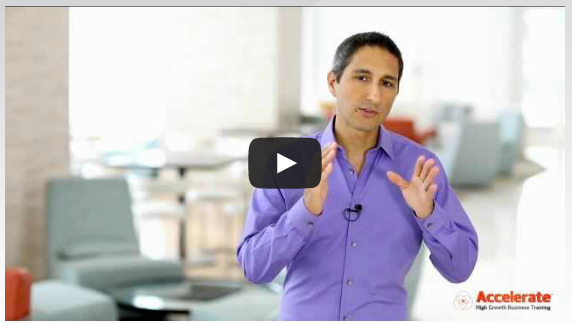Why Marketing Like Starbucks Will Destroy Your Business

“Do NOT do what big companies do with their marketing, but instead do what those companies did when they were small and wanted to grow rapidly.”
That’s some brilliant, powerful advice from Eben Pagan’s new marketing report which you can download free here (affiliate link).
Us little guys are often told to look Starbucks, Google, Apple and other giants because “you should do what they’re doing and you’ll be the #1 brand in your market, too”
Eben is right, though. Those companies are already established and if we do what they’re doing now, we’ll struggle to get clients and we’ll go broke in the process!
We can (and should) model those companies… but we need to model what they did before they had the nation’s (or the world’s) attention — when they were just picking up customers one by one.
Eben makes the case perfectly by profiling FedEx:
Let’s take a company you have definitely heard of, and use it as a case-study example: FedEx. You might remember the days when FedEx was named “Federal Express.” When they first started, they had a tight, focused marketing campaign, based on a powerful “unique selling proposition.” You might remember it:
“When it Absolutely, Positively has to be there overnight.”
This was a key part of the marketing strategy that grew them to a billion dollar company. It’s a tight, focused, impactful marketing message that says everything it needs to say, without confusion. It’s one of my favorite marketing statements, period. It’s an example of powerful marketing that also makes permanent associations in the mind of the customer for the long-term. It’s direct branding.
What did they do once they got big and had a multi-billion dollar empire to manage and defend? They started what I would call a “defensive branding” strategy. They shortened their name (from the more official sounding “Federal Express” to the hip nickname that customers used: “FedEx.” And they changed their unique selling proposition, and evolved it over time into a more general tagline. Now their motto is:
“The world on time.”
This is the kind of branding strategy that you typically see huge companies doing once they’ve “arrived” and are out of high-growth “entrepreneurial” mode. No one is going to remember “the world on time” when they need to send a package. It’s just not a memorable phrase. But it does make a statement: We’re the big guys, and we can afford to just be in front of you with our message. That’s a powerful branding strategy if you’ve got a billion-dollar company (FedEx is actually the largest air carrier in the world based on total weight carried – if you can believe that – so they’re way beyond the billion dollar level).
Using an image-based, defensive branding strategy costs a lot of money. And it’s just not the kind of thing that makes sense for a growing company that needs the money to do other things (including make the owner – YOU – more income).
In short, what your marketing MUST communicate to prospective clients is:
- Our product (or service) gets you the result that you want.
- It works, definitely.
(In contrast, the message I often see in speaker marketing is simply: “I’m a speaker! Book me for your event!”)
Help is here!
When you go to download Eben’s marketing report, make sure you also download the worksheet and watch the accompanying video (all free) where Eben walks you through the “Irresistible Egg” and “Marketing Magnifying Glass” exercises to help you craft a marketing message that will help you create marketing materials and messaging that really speaks to prospective clients and will lead them to say “this is the speaker who can help our business.”

